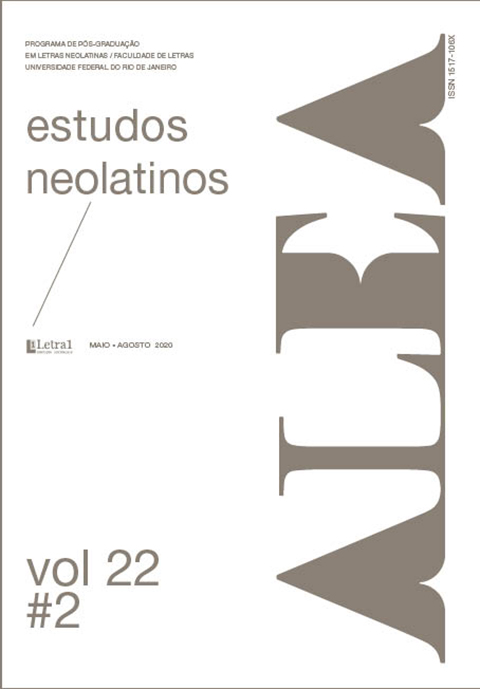O filme curto na democracia brasileira
Abstract
Trata-se de um balanço do cinema independente no período de construção da democracia no Brasil, 1985 a 2016. Um recorte temporal com filmes que retratam um projeto democrático de emergência de identidades apagadas no cinema nacional. O lugar do negro, das mulheres, dos pobres assumiu um estatuto tensionado nesse novo contexto. O dia em que Dorival encarou a guarda, de Jorge Furtado (1986), por exemplo, narra a estratégia e perspicácia de um detento negro para tomar uma ducha, depois de dez dias preso na solitária por ordem ninguém sabe de quem. Kbela, Yasmim Thainá (2015), por outro lado, é um filme de mulher negra e de origem humilde. A narrativa mostra a transformação de cinco mulheres que superam o preconceito racial descobrindo a própria identidade, a cor, a cultura, a ancestralidade. Entre os dois filmes, é possível identificar uma trajetória que transforma a figuração da liberdade de ação.
Downloads
Published
Issue
Section
License
THE AUTHOR/S confirm/s his, her or their participation in all stages of work preparation: 1) Conception, project, bibliographical research, analysis and interpretation of data; 2) Writing and reviewing the manuscript; 3) Approval of the final version of the manuscript for publication; 4) Responsibility for all aspects of the work and guarantee for the accuracy and integrity of any part of the work. The submission of works implies the immediate cession, without onus, by all authors, of publication rights to the journal Alea, licensed under CC BY (https://creativecommons.org/licenses/by/4.0/). The authors are fully responsible for the content of the article and continue to hold all copyrights for subsequent publications of it, and should, if possible, include the reference to the first publication in the journal. Alea does not commit to returning received contributions. Authors of articles, reviews or translations will receive a copy of the journal.

